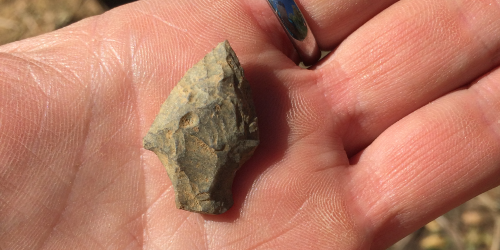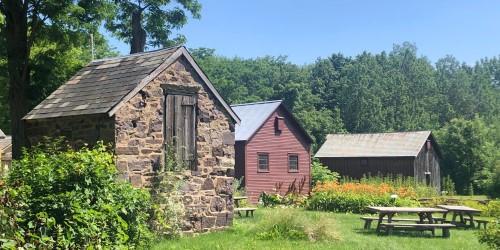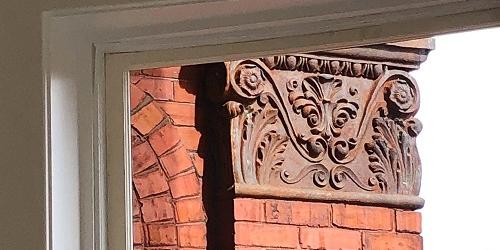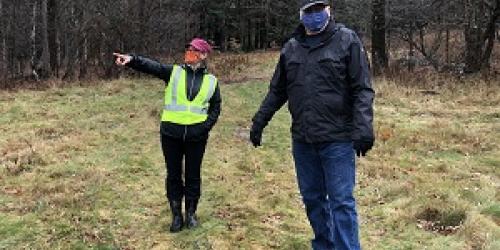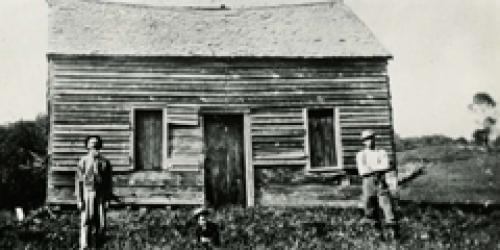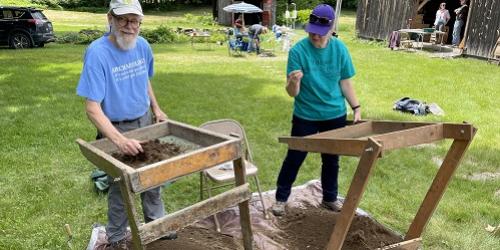Division for Historic Preservation
Under the Department of Housing & Community Development
Flood Resources for Historic Properties
The Vermont Division for Historic Preservation (VDHP) is crucial to preserving and promoting Vermont’s rich historical heritage. As the State Historic Preservation Office, VDHP is committed to keeping the history of Vermont relevant to present and future generations. This initiative encompasses activities aimed at safeguarding our historic legacy, including Native encampments, farmsteads with timber-framed barns and rising silos, white-spired churches and town halls marking the valley bottoms and maple-strewn hillsides, downtowns centered on railroad depots and early industrial centers, and ski resorts nested on the slopes of the Green Mountains.
VDHP’s programs aim to integrate the history of Vermont into planning, growth, and community assuring that these assets continue to play a vital role in job creation and community development. By fostering preservation, research, education, stewardship, and adaptive use of historic properties, VDHP ensures that our rich historical heritage remains an integral part of Vermont’s identity and future.

